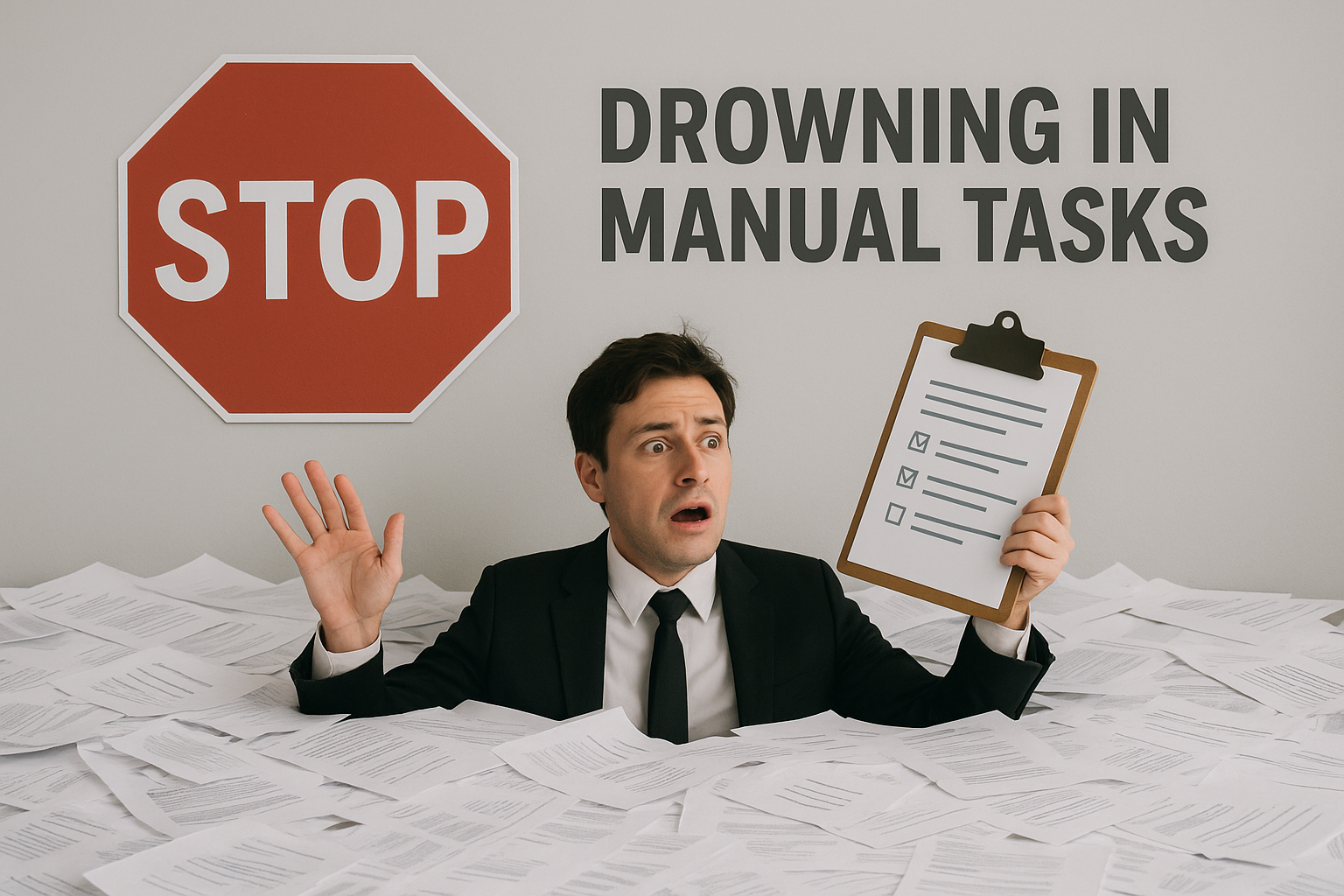Building delays may cost you in more ways than one

If you’re building or substantially renovating your home, any delays you may experience may end up costing you more than just money now. Individual Australian tax residents are able to access a building concession which in essence means that they can treat either the land or dwelling on the land as their main residence even though they are not living there during building or renovations. However, this concession only applies for a maximum of 4 years subject to certain conditions. Absence of the concession, you may be slugged with CGT on sale of that residence.
Most of Australia has been experiencing a building boom fuelled by government policy such as the HomeBuilder scheme and a general desire to make our living spaces better as we spend more time working, educating and living at home. However, with global supply chains and transport routes disrupted due to the effects of COVID-19, there has been well publicised material shortages and builder collapses in the sector.
If your project to either build, renovate or repair your main residence has run into a hiccup and now require more time to complete, beware that it could end up costing you more than just money now, but also in the future. This is due to the operation of the CGT building concession.
Firstly some background, for most individual Australian tax residents (not companies or trustees), there is an automatic exemption for the capital gain (or loss) that arises when you sell your main residence, this is called the main residence exemption. Generally, for the exemption to apply it must have been your residence for the entire ownership period, however, exemptions may apply in instances where you’re building, renovating or repairing your residence and have had to move out.
The “building concession” as it is known, allows an individual to treat a dwelling as their main residence from the time that the land was acquired for a maximum period of up to 4 years, subject to certain conditions. For example, the dwelling must become the individual’s main residence as soon as practicable after the construction, repair or renovation is completed, and must remain so for at least 3 months. The individual must also choose to apply the building concession.
The 4 year maximum period applies either from the time the individual acquires the ownership interest in the land, or ceases to occupy a dwelling already on the land. If it takes more than 4 years to construct or repair the residence, you may only be entitled to a partial main residence exemption. This means that if you sell the residence at a future date, the period that you did not live in the residence during construction or renovation will be subject to CGT.
A simple example would be if you purchased a piece of land for $100,000 intending to build a dwelling on it and live in it as your main residence. Due to various set-backs, the dwelling isn’t completed within the 4 year maximum period but is eventually completed after 5 years. You move into the dwelling and live in it for another 2 years before you sell it for $300,000. The taxable capital gain in this circumstance that would roughly be $143,000 (ie capital gain adjusted by the ratio of non-main residence days to days in the ownership period).
As you can see, the financial consequences of getting it wrong are very real. If you are unable to complete your construction or renovation project of your main residence within the 4 year maximum timeframe due to either the builder becoming bankrupt, or due to severe illness of a family member, you may be able to apply to the ATO for discretion to extend the 4 year period so you don’t get penalised financially.
Need help?
If you need help to apply to the Commissioner to extend the 4 year building concession, we can help you work out whether you qualify and guide you through the application process. We can also help with a variety of other CGT issues you may have, call us for expert help and advice.
Email us at Robert Goodman Accountants at reception@rgoodman.com.au . © Copyright 2021 Thomson Reuters. All rights reserved. Brought to you by Robert Goodman Accountants.









